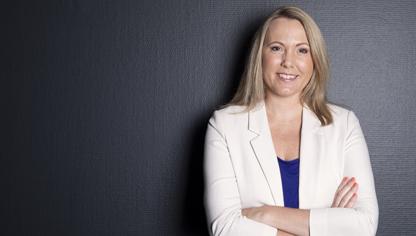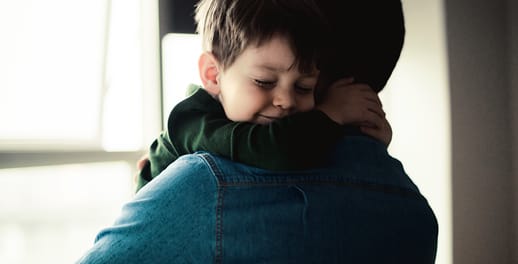Receive Focus insights straight to your inbox
One in eight South African women will be diagnosed with breast cancer in their lifetime. To encourage more women to self-examine and get screened, Investec Life has launched a brave new campaign focused on women's health and the importance of getting the right medical, psychological and financial support in place.
The campaign centres on personal stories from three courageous Investec women who share their journeys with breast, lung, and liver cancer respectively.
A three-part podcast series then brings in experts including renowned Professors Carol Benn and Georgia Demetriou; clinical psychologist Grant Statham and Sinenhlanhla Sithomo, Investec Life head of business insurance, to talk about all the various aspects of a diagnosis. We discuss exciting medical breakthroughs, bust myths surrounding the disease, and look at what it is that's fuelling the growth of these cancers in younger women.
The first podcast in the series centres on the experience of Kristy Scott, a 35-year-old Private Banker at Investec who was diagnosed with breast cancer at the age of 31.
Part one: Busting breast cancer myths
Hear from leading breast cancer authorities Professors Carol Benn and Georgia Demetriou; clinical psychologist Grant Statham and Sinenhlanhla Nzama, Investec Life head product actuary.
Watch Kristy's story
About the author

Ingrid Booth
Lead digital content producer
Ingrid Booth is a consumer magazine journalist who made the successful transition to corporate PR and back into digital publishing. As part of Investec's Brand Centre digital content team, her role entails coordinating and producing multi-media content from across the Group for Investec's publishing platform, Focus.




